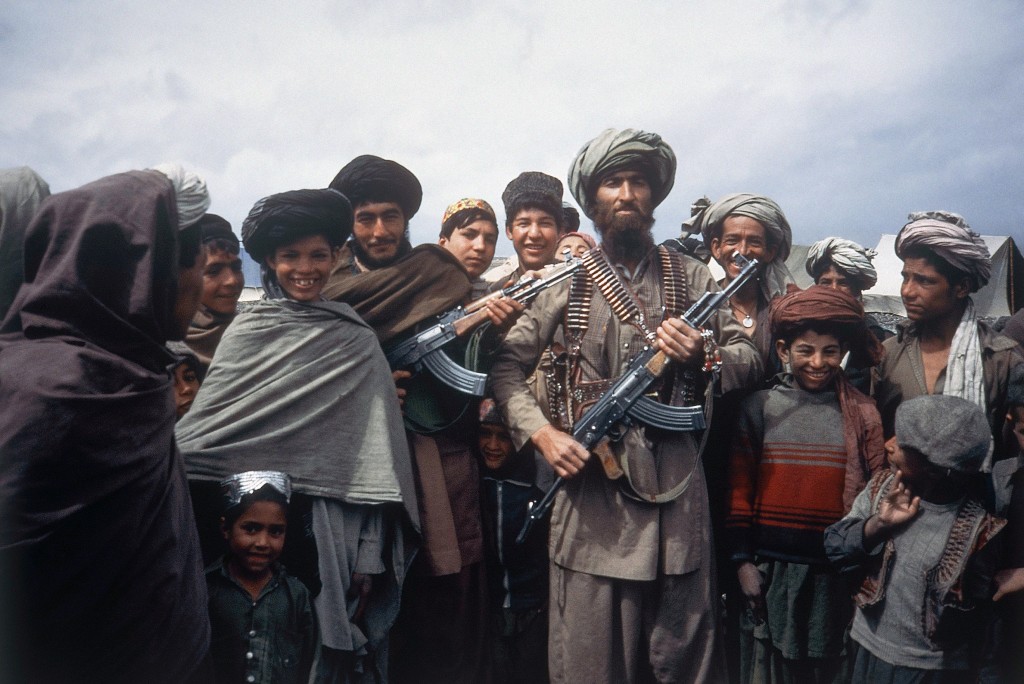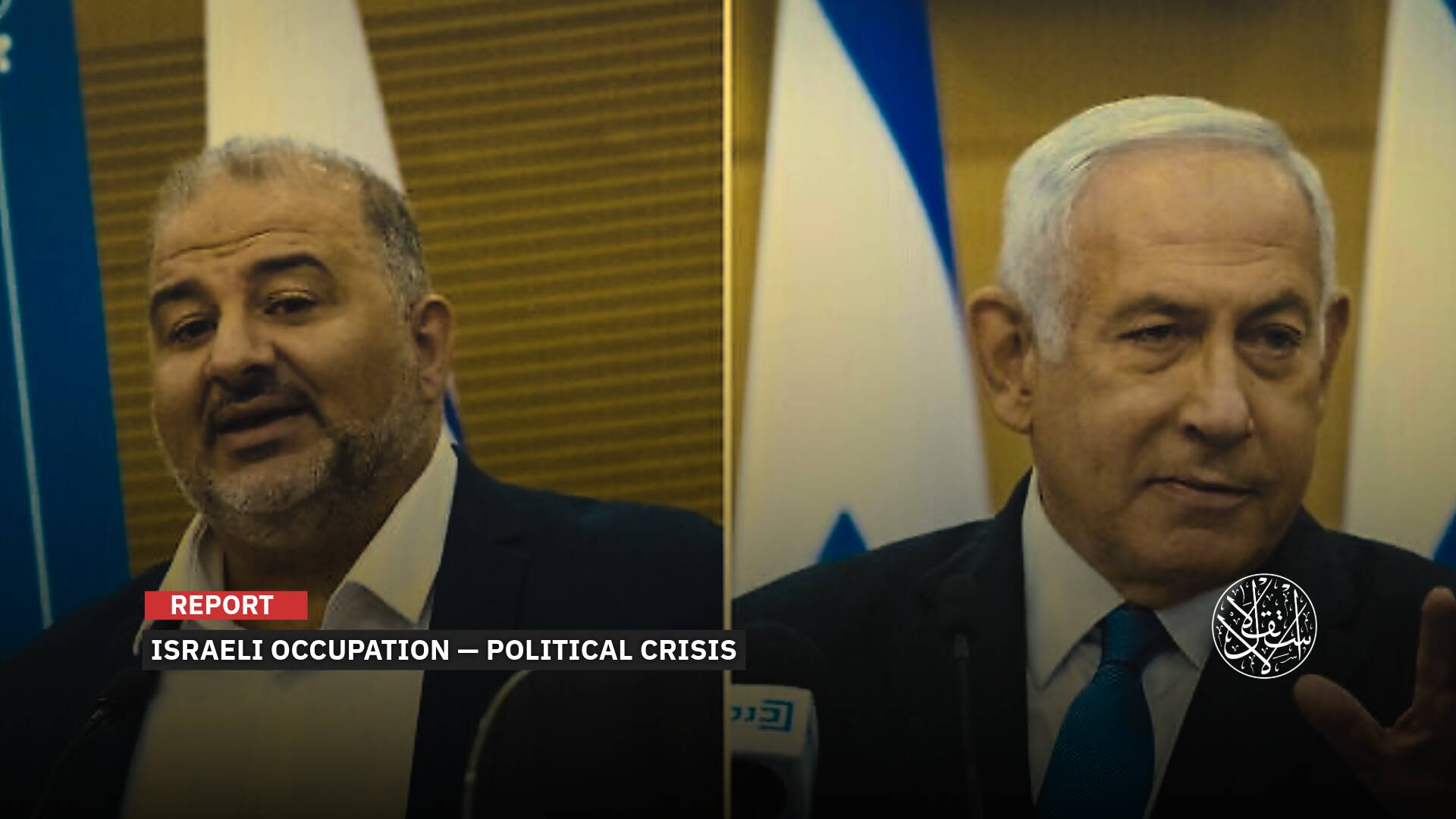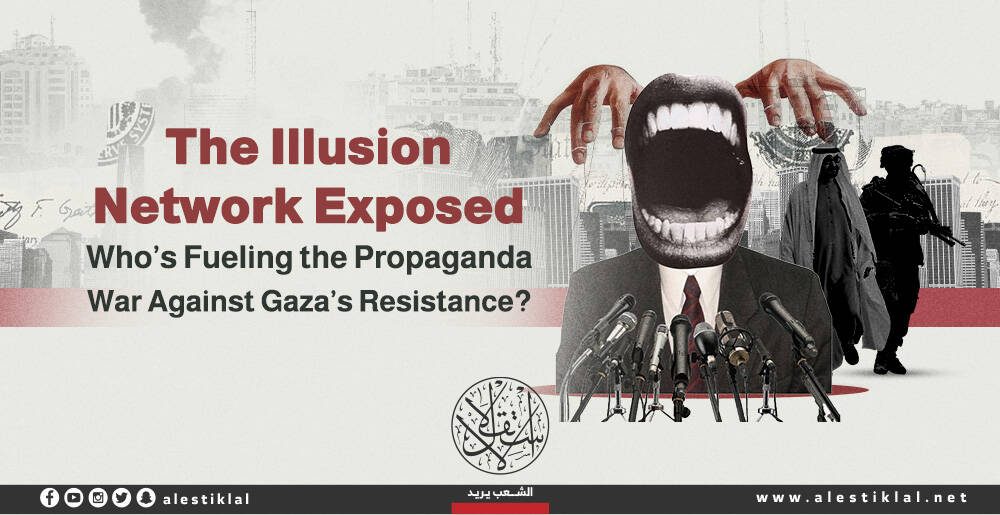Italian Magazine Monitors the Dangers of the Taliban Rule for Russia, Iran and Europe

An Italian magazine opened the file of the wars that Afghanistan experienced over the past 4 decades. It stressed that it raises ghosts and fears among more than one generation of the Russian people.
The professor at the Russian Presidential Academy, Giovanni Savino, monitored in an article in the Italian magazine “Formica” the Russians’ fears, who are terrified of Moscow's embarking on a new foreign adventure in the midst of the outbreak of the Corona epidemic and the economic crisis.
For this reason, the Italian expert says that the restoration of the Taliban control over the Afghan capital, Kabul, is not good news for Russian President Vladimir Putin.

The bloody Balabanov
In his opinion, Savino cited one of the most famous Russian films of the first twenty years of the 21st century, directed by Russian director Aleksei Balabanov, entitled “Cargo 200”, which was filmed in 2007 and dates back to 1984.
The Italian writer spoke specifically of a scene symbolizing what the intervention in Afghanistan meant for the Soviets.
The scene depicts the arrival of the Russian (Ilyushin 76) plane, and then it is unloading a shipment of coffins for Russian soldiers killed in Afghanistan; While other soldiers quickly ascend to be sent into a decisive war for the delicate balance of the Soviet Union.
He believes that “when it comes to Afghanistan, the memory of many Russians immediately conjures up images of the bloody Balabanov movie.”

So are the memories and testimonies of those who survived the Soviet adventure in Afghanistan that lasted 10 years (1979-1988).
The writer pointed out that “the parallels between the Afghan war and the Vietnam War, which lasted nearly 20 years, are often talked about, without taking into account the significant differences.”
“American veterans returned from the jungle to a shaky but stable society, cautious but able to heal the wounds and traumas of the war in Vietnam.”
On the other hand, Soviet soldiers returned from the Afghan hell, plunging into the chaos of the disintegration of the Soviet Union, and the collapse of values and customs that were considered the norm until 1991, according to the Italian expert.
Savino pointed out that “the Taliban regained control over Afghanistan after 40 years of the Soviet invasion, and after 20 years of the US invasion.”
He asserted that “this reveals the failure of Moscow's efforts and then Washington's efforts to lead Afghanistan to restore the path of normal life using a military solution,” as he put it.

Serious Impacts
The Italian expert explained that “the capitals of the Central Asian republics are not isolated from being affected by the repercussions of what is happening in Afghanistan.”
The first serious impact of the movement’s progress and control over the Afghan provinces, according to Savino, was the influx of large waves of Afghan migrants across the borders into Uzbekistan, Tajikistan and Kyrgyzstan.
He described this as “the enormous burden on Central Asian countries that are experiencing social and economic problems that have been exacerbated because of the Corona epidemic outbreak.”
On the foreign policy level, the Italian expert pointed out that “Moscow faces the same dilemma with the Taliban”. He wondered: Does the Kabul government support the collapsed government, or does it appeal to the international community for joint intervention?
According to the author of the report, the latter option seems highly unlikely given the US withdrawal.
He added, “It may be repeated in the future in some way, especially since if Washington is far from the Afghan border, Moscow and Beijing are geographically close.”

Iran is Kabul's neighbor and has for decades received hundreds of thousands of refugees, while the European Union may find itself in a situation similar to 2015 with the influx of thousands of people fleeing Syria.
The Italian expert believes that “the problem lies in the type of intervention that should be envisaged for Afghanistan, especially after the failure of military options during 40 years, which aggravated the situation.”
“Intervention also requires interlocutors, especially since Moscow has been trying for a long time to negotiate with the Taliban and the Afghan government,” he added.
In his vision, “the Taliban's assurances not to interfere in the Central Asian countries and Russia, where 30 million Muslims live, does not take into account the dynamics resulting from the victory of the movement among Islamic organizations in the Eurasia region from the Caucasus to China's Xinjiang.”
The Italian expert explains that “Moscow is currently unable to guarantee a unilateral intervention in Afghanistan, especially since it is involved on various fronts, from Syria to Africa, even the Karabakh region, to the complex situation in Belarus.”
At the conclusion of the article, the writer emphasized that opening a new front means hiring more human, military and economic resources, which would lead to an unprecedented crisis for Putin.













